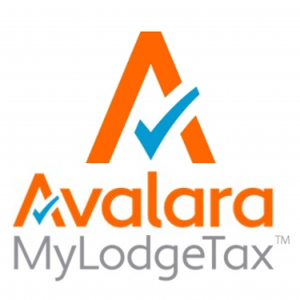Airbnb stays in Florida grow by 75 percent
- Feb 2, 2018 | MyLodgeTax

Approximately 2.7 million guests stayed at Airbnb properties in Florida in 2017, a 75 percent increase over the previous year, Airbnb reported. Florida’s 40,000 Airbnb hosts earned a total of $450 million over the course of the year, with an average of $6,700 each from renting out their properties on Airbnb.
The most popular county in Florida for Airbnb guests in 2017 was Miami-Dade. Around 10,000 hosts accommodated 667,200 guests in that county last year — despite the efforts of both the mayors of Miami and Miami Beach to control the growth of short-term vacation rentals.
Not everyone has been happy about the rise of Airbnb and other short-term vacation rental platforms. Many Florida communities are struggling with how to regulate short-term rentals.
One of the major issues is balancing the rights of owners to use their properties as they see fit with the rights of residents to live in their neighborhoods undisturbed. Another point of contention has been the fact that standards and requirements can be very different for commercial hotels than they are for vacation rentals — a situation hotels call unfair.
A proposal recently introduced in the state Legislature could take that debate away from local communities. Senator Greg Steube sponsored a bill that would give the state complete power over short-term vacation rental regulation. If the bill passes, local communities would not be allowed to regulate such rentals. The wording of the bill contends that property owners have “constitutionally protected” rights to rent out their properties for short terms.
Currently, new local restrictions on short-term vacation rentals are prohibited by state law, but short-term vacation rental laws dating from before 2011 can be grandfathered in.
Airbnb has an agreement with the state to collect sales tax on Florida bookings and pass those revenues on to the state. It has similar deals with many Florida counties to collect lodging tax on Airbnb bookings. In 2017, Airbnb reached tax collection agreements with six new counties: Broward, Hillsborough, Leon, Miami-Dade, Polk, and Sarasota.
Because Airbnb does not have an agreement with every county, short-term rental hosts need to be aware that Airbnb may not collect local taxes for them and that they’re responsible for collecting and remitting those taxes themselves. Hosts who use booking sites other than Airbnb, such as VRBO or HomeAway, must also manage all sales and lodging taxes on their own.
Automated solutions can help short-term rental hosts navigate lodging tax collection and avoid the fines and penalties that can result from noncompliance in an environment where short-term rentals are coming under increased scrutiny.


